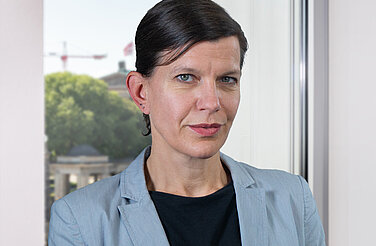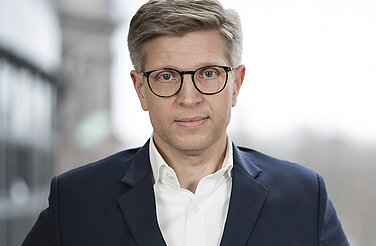CO₂-oriented energy pricing
Lessons from the German debate for the EU's smart sector-integration strategy
Event Recording
About this event
With the European Commission currently developing a Smart Sector Integration Strategy in the context of the European Green Deal, it is important for policy-makers to reflect on what reforms will be needed to pricing-instruments in the energy sector to achieve the EU's long-term climate goals. How can it be ensured that the necessary technologies are introduced on the way to climate neutrality? This webinar will provide relevant insights for the discussion from years of debate in Germany on CO2-pricing and the reform of energy-related taxes, levies and surcharges. And will also take a look on what a European coordination may contribute to the discussion.
In both regulated and competitive markets, pricing-instruments strongly shape the development of the energy sector. For example, putting a price on CO2-emissions can help make relatively more carbon-intensive energy consumption less attractive while raising revenues to fund the energy transition or dynamic electricity price components can help incentivise flexible demand in the power system. With taxes and levies making up 40 percent of average EU electricity prices, pricing-instruments also play an important role in the transition to a climate-neutral energy system. Nearly all decarbonisation strategies, including the EU's long-term strategy, recognise the need for the increased electrification of road transport and residential heating. However, in many cases taxes, levies and surcharges on electricity can serve to decrease the competitiveness of electricity-based solutions (for example EVs and heat pumps) relative to their fossil-fuel competitors (for instance internal combustion engine cars and gas boilers). Moreover, while CO2-pricing is applied to the electricity consumers through the EU emissions trading system, it is still weakly applied in the non-ETS sectors (for example transport and heating fuels) in most Member States.
On 16 April, Andreas Graf, Project Manager at Agora Energiewende, and Thorsten Lenck, Senior Associate at Agora Energiewende, gave relevant insights for the (European) discussion from years of intense domestic German debate and provided information on Germany’s plans to introduce a new national emissions trading scheme for transport and heating fuels.
The one-hour webinar was held in English and included a Q&A session.
Presentation
The presentation can be found in the download section below.
Recording
We have recorded the webinar. The recording can be found above.
Event details
CO₂-oriented energy pricing
Agora Online Event
Upcoming events
If you want to receive news about upcoming events, please subscribe to our newsletter.





